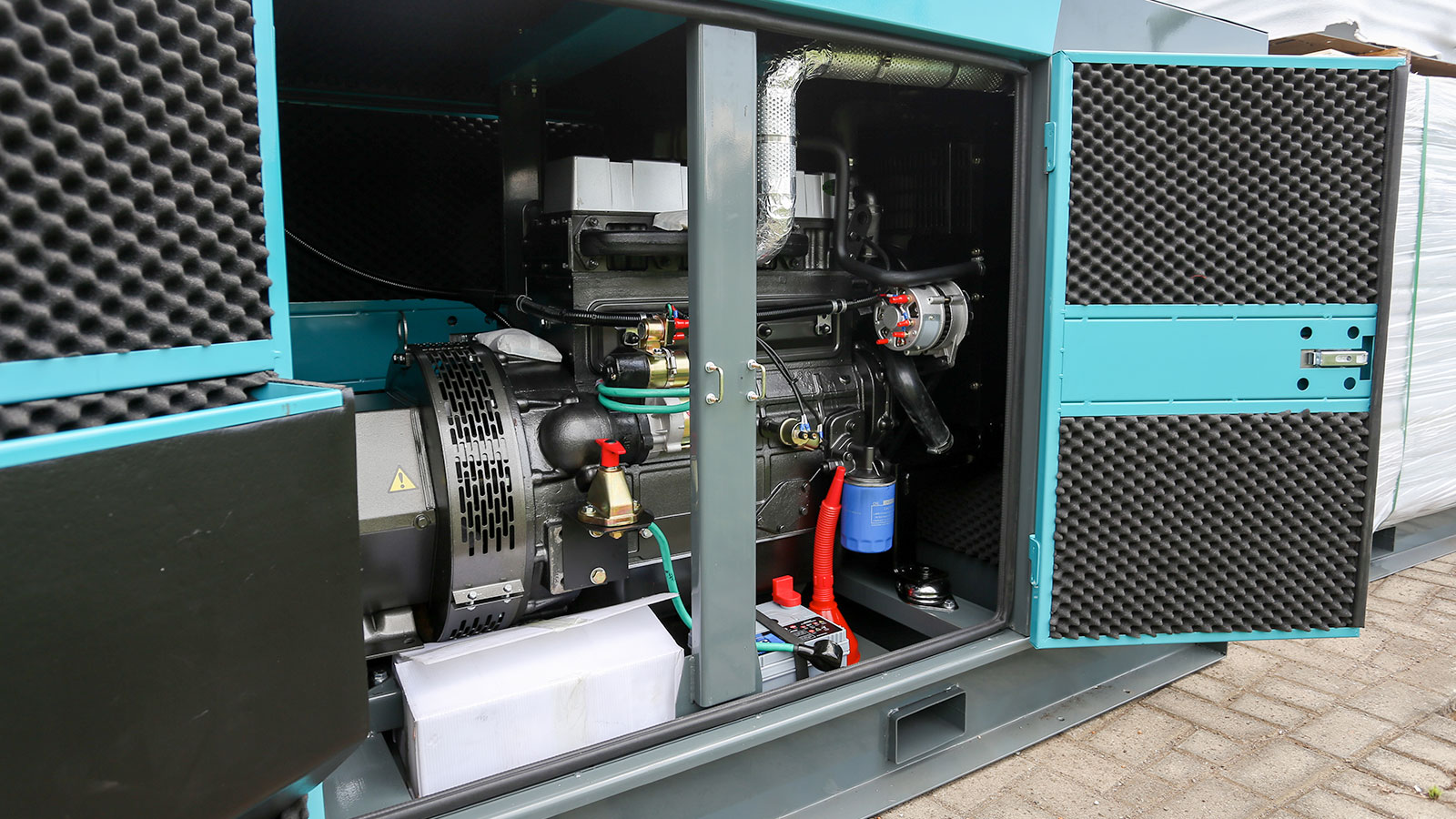Andrew Keith, Director of load bank manufacturer Power Prove, shares five key things to consider to ensure your diesel generator remains in tip-top condition.
Providing a backup source of power to a wide variety of vital applications, including hospitals, military bases and airports, diesel generators are the often-forgotten contributor to our energy mix, remembered only in a time of need. But if you only think about the condition of your diesel generator when you need to use it, you could be setting your generator up for failure.
Typically, a diesel generator acts as a reserve power source, left on standby for extended periods of time. While you might think that its condition will stay the same — after all, it’s not taking any operational wear or damage — this isn’t necessarily the case. So, how do you ensure your generator’s working efficiently?
Battery health
The battery is a key element of any diesel generator. It’s responsible for providing enough power to kickstart the engine, and therefore needs to be in good enough condition to do so.
To check the battery condition, begin with the terminals. They should be clean and free from sulfation build up. Sulfation, a build up of lead sulphate crystals, is a common cause of failure in lead-acid batteries. All lead acid batteries will suffer from sulfation over their lifetime, but it’s amplified in batteries with too much or too little charge.
Cooling system checks
The cooling system is another vital component, used to dissipate heat from the engine and protect the generator against overheating.
Top up the coolant as necessary to ensure there’s always sufficient levels in the system. If it looks dirty or contaminated, it’s advisable to drain it away and replace it with fresh coolant.
Visual inspections of the hoses should be carried out regularly to identify any cracks or leaks before they pose more serious and costly issues.
Regular cleaning
Any dust and debris should be removed regularly. In dirtier industrial environments or in harsh outdoor environments, such as on the coast, this can build up more quickly. Make sure to pay particular attention to the air intake and exhaust vents, as any blockages here could contribute to the engine overheating.
Oil changes
In the same way you might change the oil in your car, you’ll need to maintain it in your diesel generator. Proper lubrication is essential for an efficient diesel generator engine. Check oil levels often and top up as required, following your manufacturer’s instructions for the best oil types and filters to use. As a general rule, it’s advisable to change the oil for every 100 to 200 hours of operation.
Load bank testing
Regular inspection and maintenance should go a long way in keeping your generator in an efficient, operational state — but how do you verify its condition?
Enhanced generator testing is possible with a load bank. Load banks can be used to simulate an electrical load, allowing the generator performance to be fully tested in a safe and controlled manner. This is especially important for new generators, or ones that have recently undergone significant repair work, to validate their performance.
Besides verification testing, load banks can also be used as part of the maintenance process. A generator often left on standby for extended periods or running on loads less than 40% of its rated power will often suffer from ‘wet stacking’. This is the accumulation of unburned fuel in the exhaust, which can erode engine surfaces and cause a drop in engine performance.
In this instance, installing a fixed load bank can be beneficial in providing sufficient work for the generator. By acting as a buffer, the load bank can keep the generator at the optimum operating load for more efficient operation and reduced maintenance costs over time.
Not only does proper maintenance and testing help to minimise the risk of breakdowns, but it also reduces the associated cost and knock-on impact of being left without power. By considering the above points and taking regular action, businesses can feel reassured that their generator can be relied upon whatever the circumstances.


